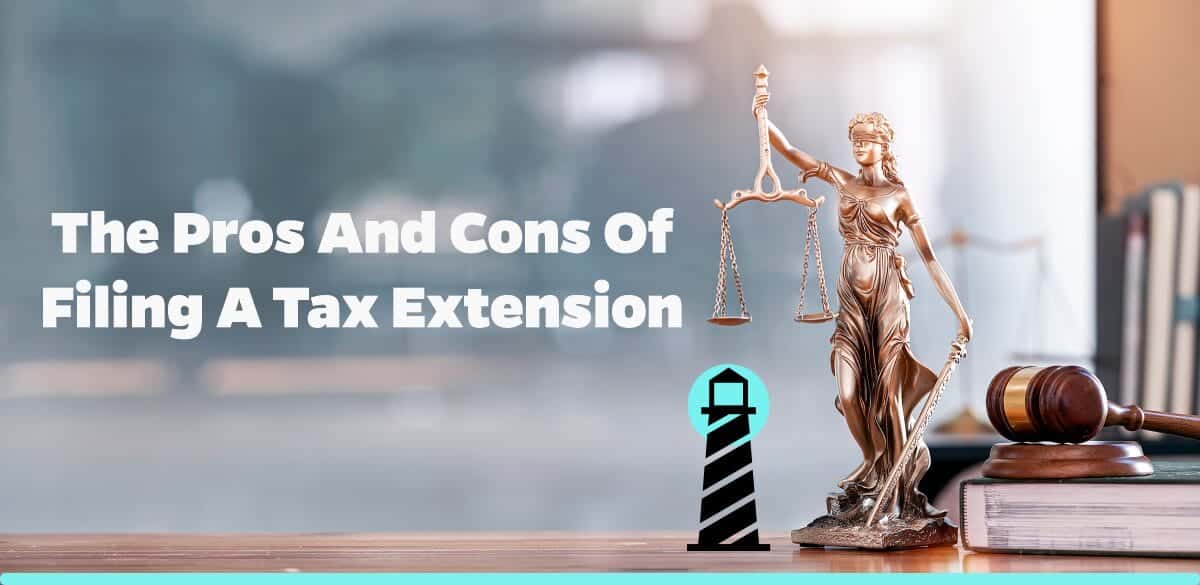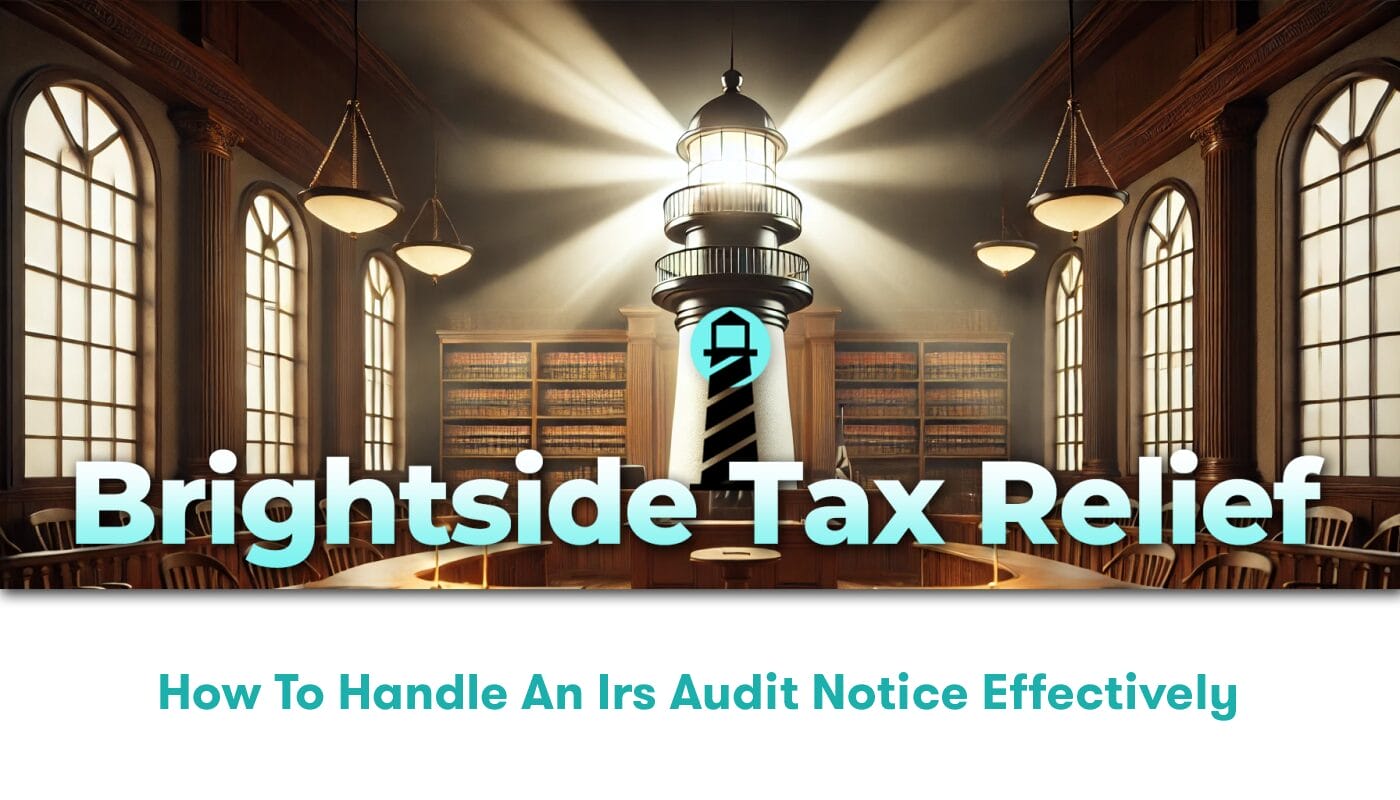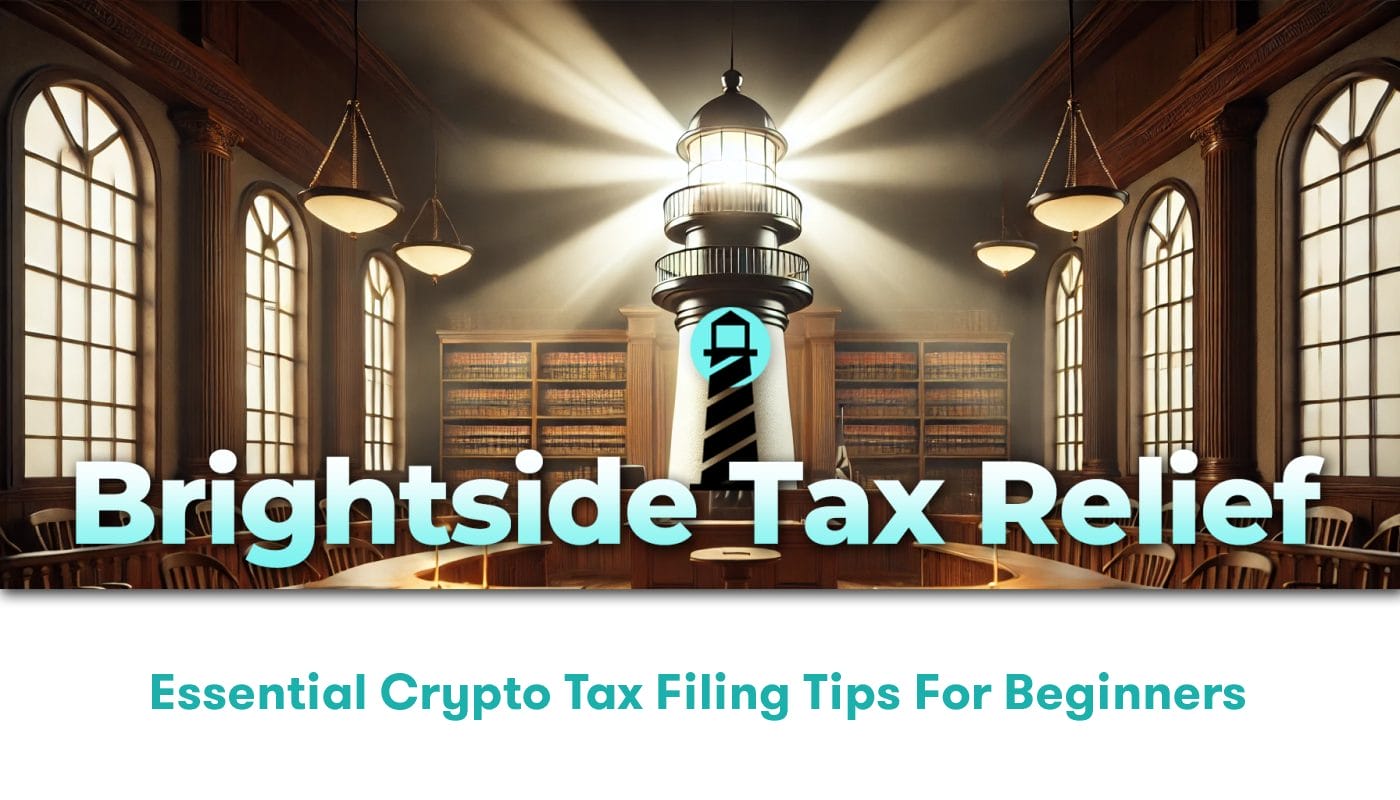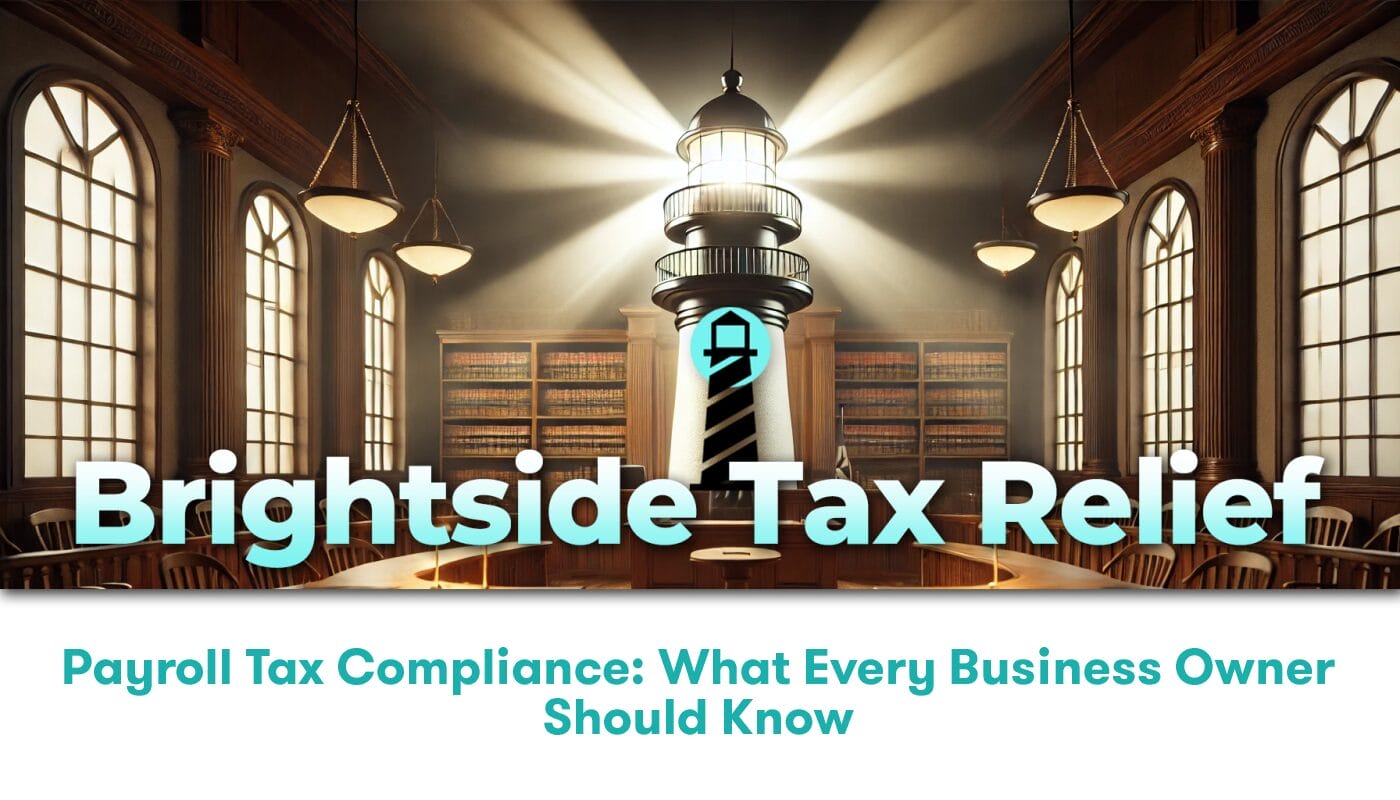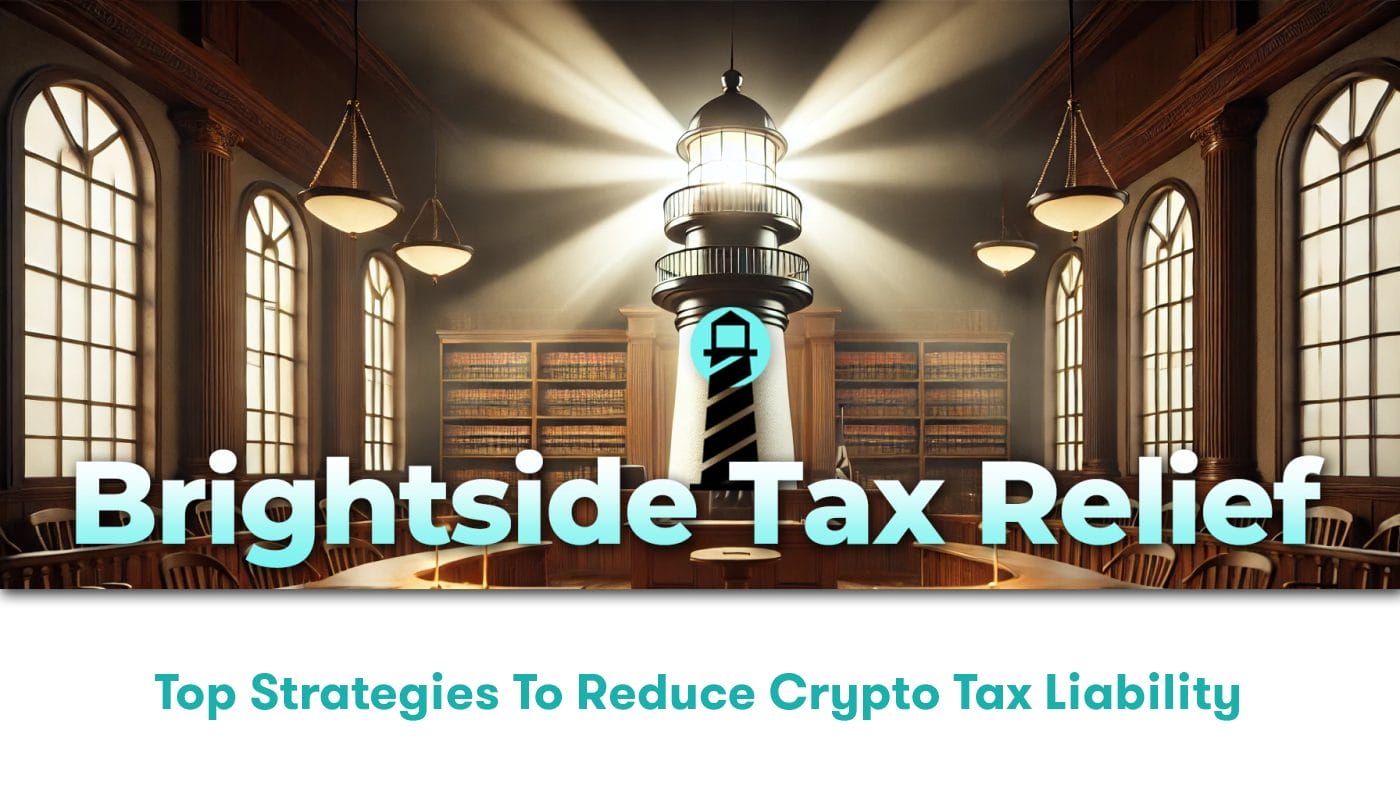The Purpose of a Tax Extension
Every year, as the tax deadline creeps closer, taxpayers across the United States start to feel the pressure. Whether you’re waiting for important tax documents, need more time to organize your financial information, or are dealing with personal circumstances that interfere with your ability to file on time, sometimes filing your tax return by the April deadline is simply not feasible.
In such cases, a tax extension – officially known as the IRS Form 4868– might be the perfect solution. By filing this form, taxpayers can typically secure an additional six months to submit their returns, pushing the deadline from mid-April to mid-October.
Brightside Tax Relief supports and facilitates this process, but we also believe it’s crucial for taxpayers to understand the pros and cons of filing a tax extension beforehand.
Recognizing the Benefits of a Tax Extension (Pros)
There are several potential benefits of filing a tax extension, which can provide a much-needed relief for individuals or business owners who need extra time to compile and analyze their financial data. Let’s consider a few of these advantages.
- Avoids Late Filing Penalties: The IRS imposes penalties for late filing, which can be a hefty 5% of your unpaid tax bill per month, up to a maximum of 25%. By filing a tax extension, you can avoid these penalties.
- Prevents Errors: With the pressure of the looming deadline off your shoulders, you’ll have more time to cross-check your tax data, identify potential deductions, and prevent costly mistakes.
- Cushions Impact of Last-minute Tax Changes: Sometimes, new tax legislations or rule modifications surface near the tax filing deadline. An extension gives you time to understand and implement these modifications effectively.
While these are significant benefits, it’s critical to remember that a tax extension is not for everyone. There are some potential downsides to consider.
Understanding the Drawbacks of a Tax Extension (Cons)
As useful as a tax extension may be, it’s not a panacea for all tax-related problems. Here are some key drawbacks to consider before going down this route.
- Doesn’t Postpone Payment Deadline: While a tax extension gives you more time to file, it doesn’t extend the time to pay. If you owe money to the IRS, those payments are still due by the standard tax deadline in April.
- Potential for Higher Interest: If you owe taxes and don’t pay them by the deadline, you’ll start accruing interest and possibly penalties on your unpaid amount.
- May Delay Your Refund: If you’re expecting a tax refund, filing an extension will push back the date when you’ll receive your refund.
A tax extension might be the right solution for some individuals, but many will find that it’s more beneficial to file as soon as possible.
Conclusion: Is a Tax Extension Right For You?
The decision to file a tax extension is one that should be made after thoughtful consideration of your personal financial situation, potential benefits and drawbacks of an extension, and discussing it with a trusted tax relief company like Brightside Tax Relief.
For detailed information on tax extension, visit this page on the official IRS website. Explore it thoroughly to make the most well-informed decision and remember, making the right choice today can save you a significant amount of strife down the road.

